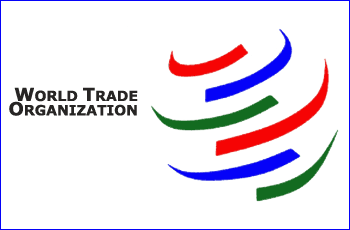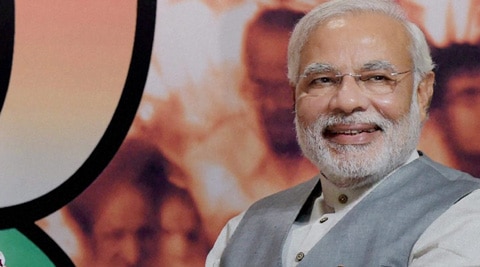 Members of the World Trade Organization (WTO) were left shell-shocked with India's refusal to sign the trade facilitation agreement (TFA). Prime Minister Modi cited poverty for being the prime reason for refusing to submit autonomy when it come stocking a certain amount of food stock piles. Many members, including Norway, Australia and the USA, demanded that negotiations continue without India. The arguments for the ratification of the TFA were that it would add around $1 trillion to the world economy which would in turn create approximately 21 million jobs globally.
Members of the World Trade Organization (WTO) were left shell-shocked with India's refusal to sign the trade facilitation agreement (TFA). Prime Minister Modi cited poverty for being the prime reason for refusing to submit autonomy when it come stocking a certain amount of food stock piles. Many members, including Norway, Australia and the USA, demanded that negotiations continue without India. The arguments for the ratification of the TFA were that it would add around $1 trillion to the world economy which would in turn create approximately 21 million jobs globally.This is where I feel Modi's decision becomes even more impressive. Most average politicians, after hearing the words 'increased jobs', would go on and sign any document - often with short-term electoral gains in their mind. However, Modi should be given credit for not succumbing to this. Poverty and food security for not only India's poors, but the world's poor were taken into consideration when India refused to ratify the TFA. The $1 trillion and 21 million jobs figure that is being clogged down politicians throats, does anyone really now who will be the beneficiaries?
Don't get me wrong, I am not against private enterprise, ownership, trade or business. Although, I am a bit doubtful that the majority of the 21 million jobs that are supposedly going to be created with this deal will get to 'eat' the majority of the $1 trillion cake. The forces, I believe, that are working the diplomats in the WTO to push this deal are the same forces that aim to gain access to a larger supply of food grains which will in turn make it cheaper for them to produce your generic, chemically intoxicated sugar-coated cereals and chocolate bars. I have great regard for politicians who don't succumb to the standard 'jobs' and 'economy' trap. Modi, despite his business and tech savvy image, seems to have good intentions and aims to produce legislations that are sustainable and long-term in nature that will benefit the marginalised, and not merely to create hollow temporary jobs.
Even though India has not fully pulled of the TFA negotiations, we can now with certainty say that the next round of discussion, unless other members move on without India, will have the interests of the poor around the world in mind. Even though the middle-class might face slightly more expensive food prices in the future, India, if negotiations go their way, should be able to have increased autonomy when it comes to food grains supply which will ensure or at least help achieving food security for our poor. Developing countries must recognise the bold step that Prime Minister Modi has taken and rally behind him. In turn, developed nations must emphasise and realise that developing countries which have large poor populations, need certain breathing space when it comes to securing food supply. Lastly, to all member states that plan to move ahead without India, all I can say is that it is futile to view India merely as a single member state. It is after all the home of one sixth of the human race.
